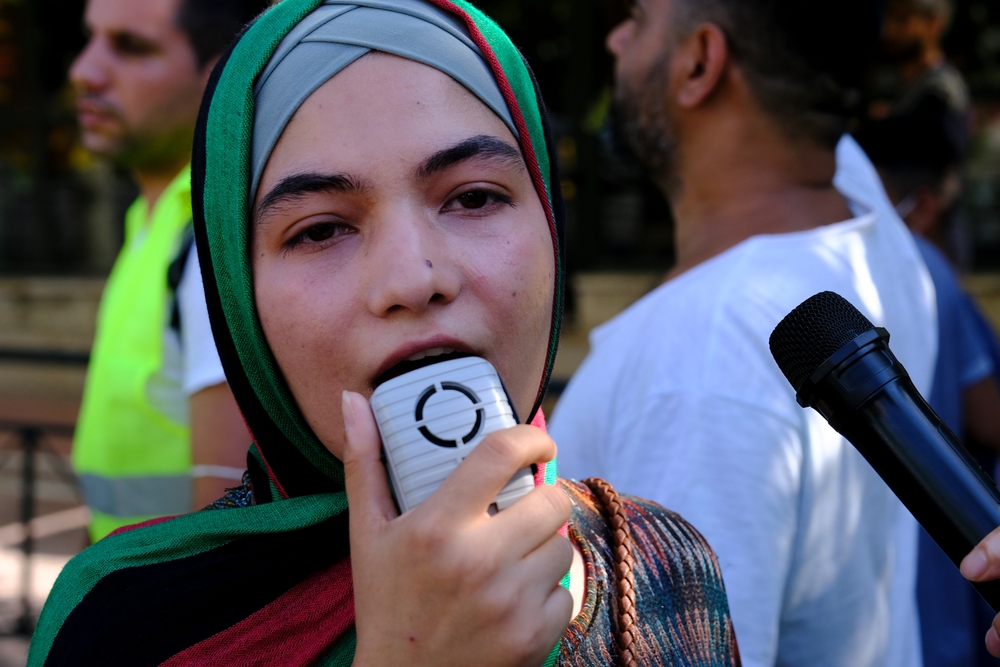Cross-cutting themes
Table of contents
Participation
Forced migration is deeply disempowering. In addition to the experience of grief, loss, and trauma, refugees arriving in the UK often speak about feeling lost and disorientated. For some, the very meaning of the word ‘refugee’ is associated with powerlessness. This is compounded by services that are not always geared to meet the needs of refugees, and over which refugees have very little, if any, say. Moreover, refugees do not have the right to vote in England, which excludes them to a large extent from the political process.

Many refugees have very specific needs and different understandings of how integration processes work. Their voices are rarely heard. The development of welcoming and inclusive services and communities that support the integration of refugees requires refugee participation, so they can help shape their own integration. However, refugees face significant barriers to participation, which prevent them from making vital contributions to these services and communities.
Firstly, barriers to employment result in workforces that are not representative of communities where refugees settle. Refugees are also under-represented on boards, governing bodies, and other leadership positions. Secondly, existing participation structures and forums are rarely accessible to refugees. Thirdly, there are linguistic, cultural, and logistic barriers to participation, particularly among certain groups of refugees such as women and young people. Finally, lack of stability due to precarious immigration or asylum status is often a barrier to participation, especially among asylum seekers.
Benefits of refugee participation
-
Increased awareness of refugee experiences
-
Services are more responsive to the needs of refugees
-
Refugees understand how services work
-
Recognition of the skills and contributions of refugees
-
Increased sense of belonging
-
Development of leadership skills in refugee communities
-
Reduction of social isolation and marginalisation
-
Greater empowerment, more accountability
Meaningful participation also presupposes certain skills that are needed for people to be able to articulate their voices, and to deliberate on matters that concern them, either in advisory or decision-making roles. Many refugees lack these skills when they arrive in the UK. Finally, there is little recognition that there are circumstances when it is right to recompense refugees for their time and expertise in shaping and improving services, organisations, and communities.
This strategy includes a regional commitment to developing, increasing, and improving refugee participation, building on the work already being carried out through consultations, reviews of participation structures, and by the development of specific models such as ‘experts by experience’ or community champions. The following strategic priorities provide a framework for stakeholders from across the region, and from different sectors, to embed refugee participation into their integration practices. This would ensure that refugees are empowered to shape their integration and have a wider influence in their communities.
Refugee is like a word that puts you down, someone who is looked down upon... someone who is not considered, someone who always needs help, someone who needs "first aid", I don't know, but it doesn't sound well...
Participation
-
Refugees are meaningfully represented in workforces, boards, partnership, and leadership positions across the region
-
Refugees are involved in shaping services and organisations through existing participation forums and mechanisms
-
Refugees can articulate their views in independent forums and organisations that have influence on the integration process
-
Services, organisations, and local communities are actively engaged in tackling the barriers that different groups of refugees face, and provide adequate incentives for participation
-
Refugees have opportunities to shape the narrative in a variety of media, and can influence public perception on forced migration and asylum in the region
